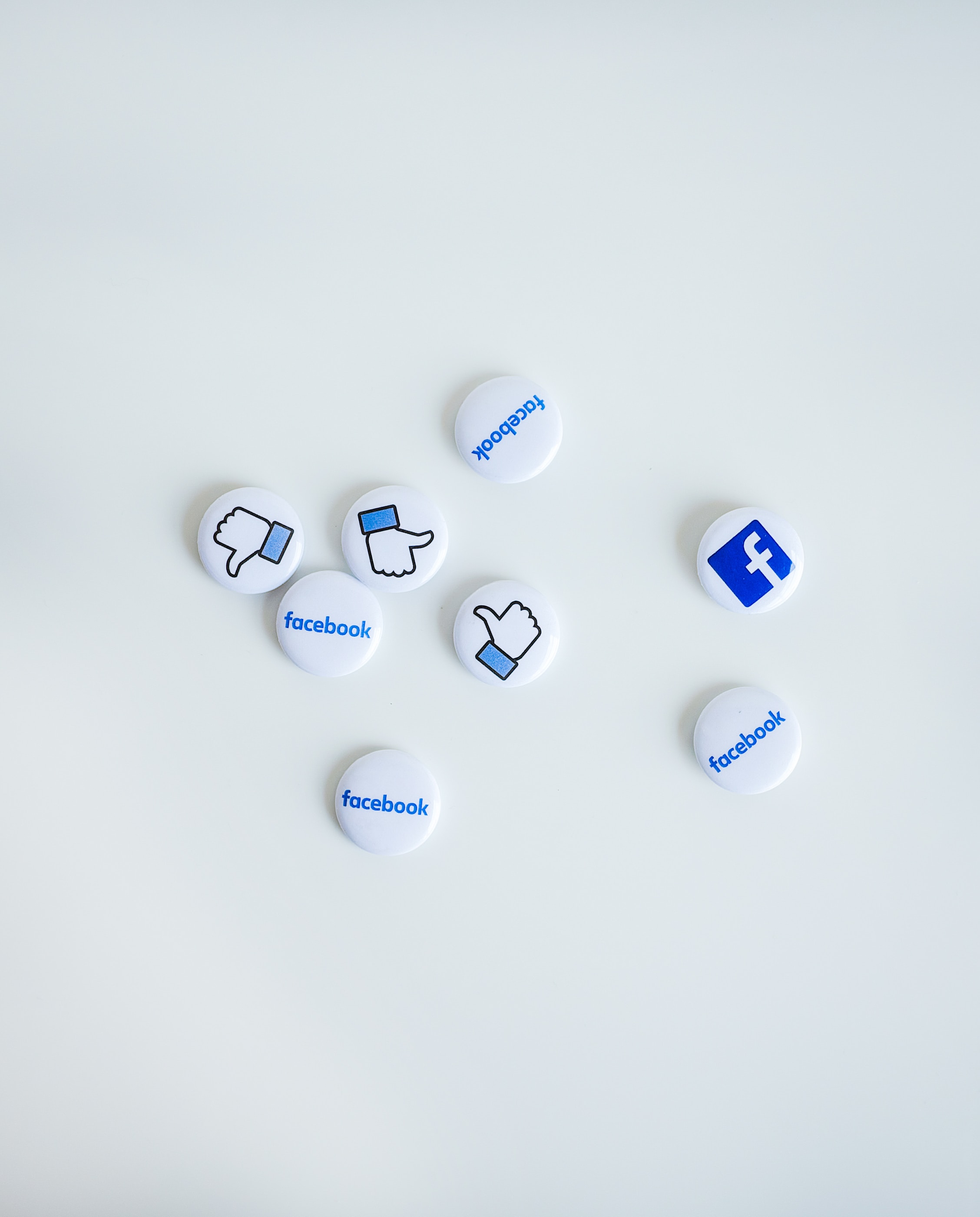Organic & Paid Marketing
Organic & Paid Marketing

What is organic marketing? What is the difference between paid and organic marketing traffic?
Organic marketing is also known as inbound marketing. Organic traffic is created through general searches on Google for your brand or keywords that match your brand and your business. Google wants to deliver the best possible results to its customers, so it gives you the most relevant results based on a search. If your brand’s website, blogs, and posts have high SEO rankings, you’ll receive better organic traffic.
People who see your curated blog posts and read them will automatically scroll to see the rest of your site and 80% of the time visit your social media profiles. Posting about your blogs, having backlinks, and using SEO to organically drive traffic to your site are the best ways to have successful organic marketing strategies. Use tools like Google Analytics to track where your website visitors are coming from and how they got there.
Organic Marketing highlights:
- Takes longer to see results, slower process of building
- No pushy marketing and sales oriented posts
- Relatable to the customer and their needs
- Is curated directly to the specific customer and market
- Is solving a problem or providing a solution to a problem
- Creates a funnel to get the customer to become a follower/subscriber
Paid Marketing is a way for a brand to specifically target, retarget, reach, and engage with a specific customer in order to create a conversion. Paid marketing pushes specific content a customer’s feed in the form of ads. These ads are displaying links and/or call to action buttons in order to get the customer to see, view, and interact with an ad. A customer who clicks on an ad and generates a sale becomes a subject for retargeting after a conversion. Using backlinks, link-building, Google Analytics, and Facebook advertising, a brand can retarget customers and look-a-like audiences based on a specific customer.
A/B or split testing through Facebook Ads is a great way to experiment with ads and what kinds work best for your brand and your customer base. For example: Your brand wants to advertise to a younger, female demographic who likes makeup, buys makeup, watches beauty Youtube videos, and follows beauty bloggers. You will target a look-a-like audience based on who follows these makeup companies and who follows these specific Youtubers and beauty bloggers on all social media platforms. You might test ads in two large beauty/makeup areas: New York City and Los Angeles. By splitting between two popular targeting regions but using the same demographics mentioned before, you’ll target people who will likely convert and see where the most conversions come from.
Paid Marketing highlights:
- Faster and more targeted results
- Easy to track the customer conversion process
- Better for hitting specific goals
- Budget based marketing
- Sales based advertisement marketing
- Call to action buttons on posts
